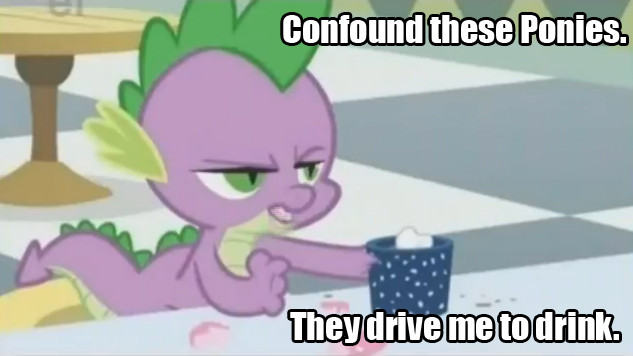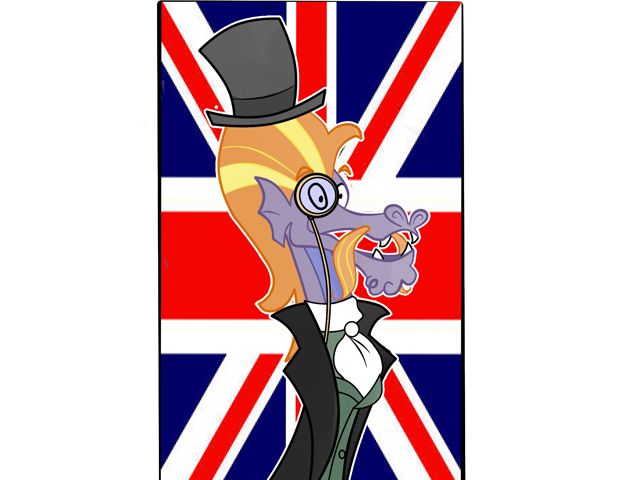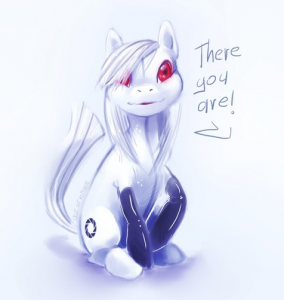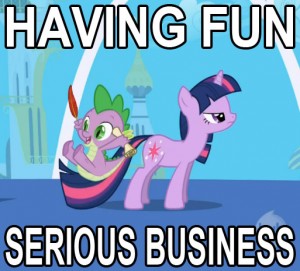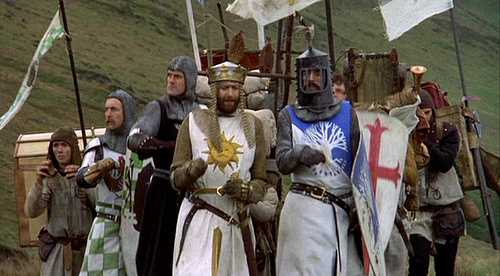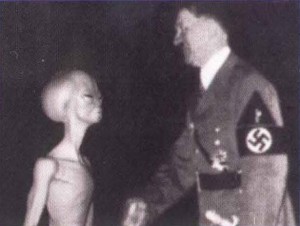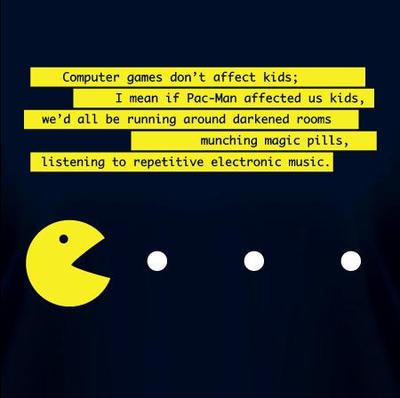There is no cow level.
There is, however, a pony level in Diablo 3, if the datamining is correct.

Now our initial idea with this post was to semi-jokingly rescind any previous doubts we’ve expressed regarding this game, and leave it at that, but I actually think I can turn this into a more in-depth blog post, so here we go:
I’ve heard some people express dismay at developers who throw too many knowing pop culture references into otherwise immersive games. Blizzard is a good example here; most of us played Cataclysm when it first came out, even if you quit directly after reaching level 85 the way Mister Adequate and I did.
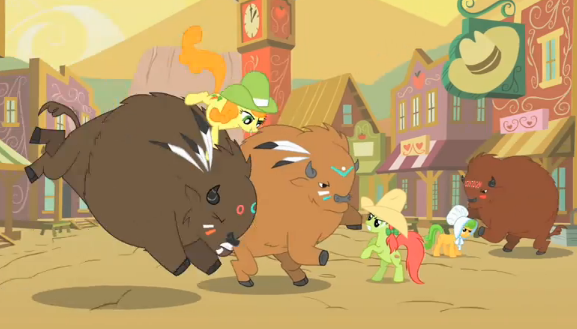
Cataclysm, as I’m sure you’re all aware, is chock-full of references, jabs, and full-on homages to pop culture. Uldum is pretty much entirely dedicated to it, between the Indiana Jones storyline, the Katamari Damacy quest, the Hackers references, and anything else I’ve forgotten. Actually, I’m pretty certain that there were more playful pokes at culture than there weren’t.
There were a lot of people who weren’t exactly fond of this, feeling that an MMORPG should be more immersive and that what WoW was doing here was purposefully pulling players out of the world that they had so carefully crafted. Others thought it was all in good fun and point out that, come on, Blizzard has pretty much always had their tongue firmly in cheek.

I tend to sit somewhere in the middle; I like my games full of rich lore but it doesn’t always have to be super-serious business. It might say something about me that Uldum was my favorite zone in Cataclysm by far. And ultimately, for me, it comes down to the gameplay. Civilization isn’t exactly the world’s most accurate history simulator– in the game Mister Adequate and I are currently playing, my civ just discovered an ancient manuscript containing the secrets of nuclear fission– but it’s sure as heck fun.
What do you guys think?

